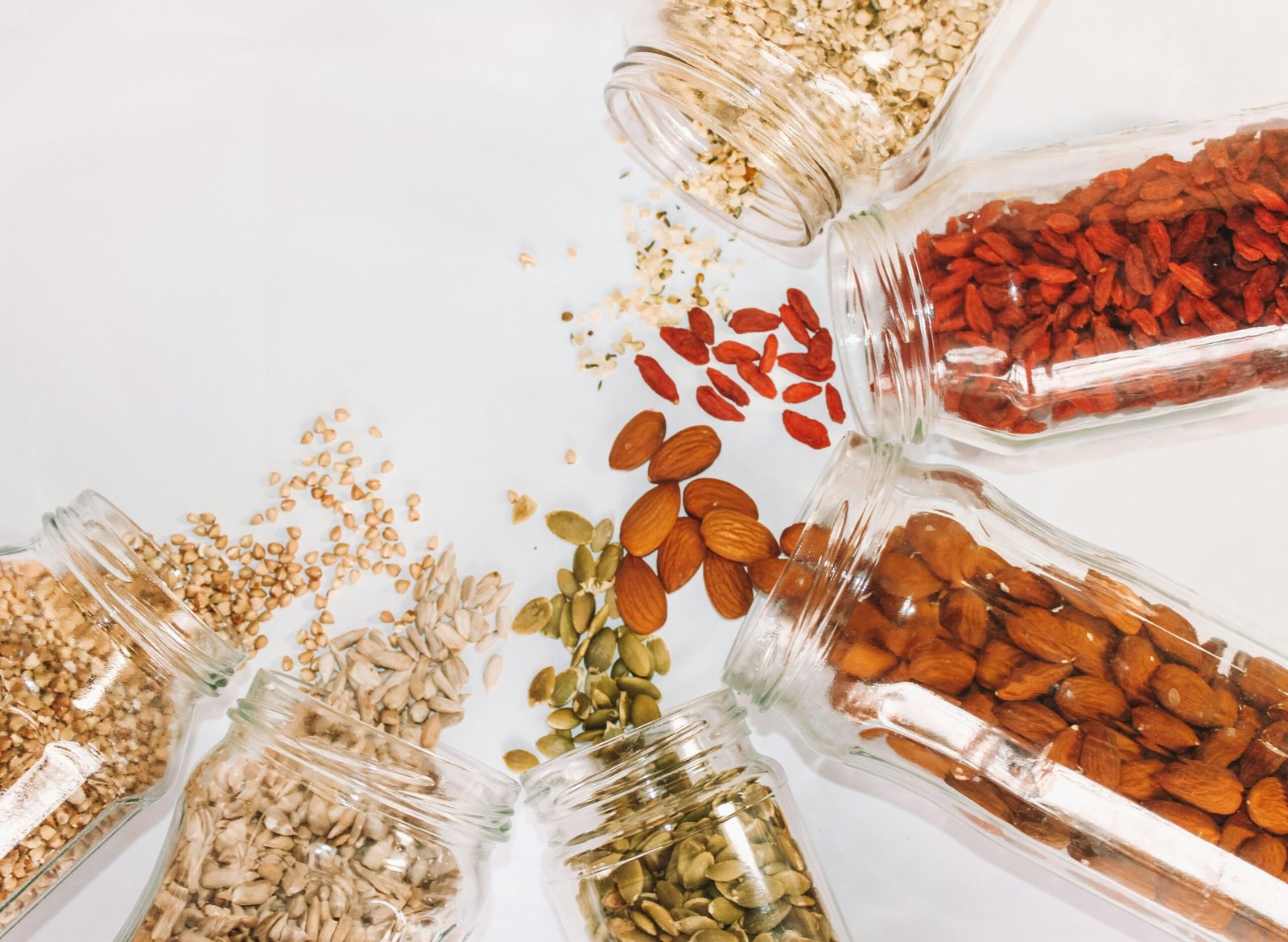Superfoods have gained popularity in recent years for their exceptional nutritional value and health benefits. These powerhouse foods are packed with essential nutrients, antioxidants, and phytochemicals, making them an excellent addition to any diet. In this article, we will demystify superfoods and provide practical tips on how to incorporate them into your daily meals.
What Are Superfoods?
Superfoods are natural foods that are dense in nutrients and offer numerous health benefits. They are typically rich in vitamins, minerals, antioxidants, and other compounds that support overall well-being. While there is no official definition of superfoods, these foods are often associated with improved heart health, enhanced brain function, increased energy levels, and reduced risk of chronic diseases.
Popular Superfoods
There is a wide variety of superfoods available, and incorporating them into your diet can be both delicious and beneficial. Here are some popular superfoods to consider:
- Blueberries: These tiny berries are packed with antioxidants and vitamins, which help protect against oxidative stress and promote a healthy immune system.
- Spinach: This leafy green is an excellent source of iron, calcium, and vitamins A and C. It also contains powerful antioxidants that support eye health.
- Salmon: Rich in omega-3 fatty acids, salmon is known for its heart-healthy benefits. It also provides a good source of protein and essential vitamins and minerals.
- Quinoa: This gluten-free grain is a complete protein, meaning it contains all nine essential amino acids. It is also high in fiber and packed with vitamins and minerals.
- Chia Seeds: These tiny seeds are a great source of omega-3 fatty acids, fiber, and antioxidants. They can be easily incorporated into smoothies, yogurt, or baked goods.
Incorporating Superfoods Into Your Diet
Adding superfoods to your diet doesn’t have to be complicated. Here are some simple tips to help you incorporate them into your daily meals:
1. Start with Small Changes
Begin by adding one or two superfoods to your meals each day. For example, sprinkle chia seeds on your morning oatmeal or add a handful of spinach to your lunchtime salad. Gradually increase the number of superfoods you consume as you become more familiar with their flavors and benefits.
2. Experiment with Recipes
Superfoods can be incorporated into a wide range of recipes to enhance both flavor and nutrition. Try adding blueberries to your pancakes, blending spinach into your smoothies, or using quinoa as a base for your salads. Get creative in the kitchen and explore new ways to enjoy these nutrient-packed foods.
3. Meal Prepping
Consider meal prepping to make incorporating superfoods even easier. Prepare meals in advance that include a variety of superfoods, such as roasted salmon with a side of quinoa and steamed vegetables. By having nutritious meals readily available, you’ll be more likely to stick to your healthy eating goals.
4. Snack Smart
Replace processed snacks with superfood alternatives. Instead of reaching for a bag of chips, opt for a handful of almonds or a piece of dark chocolate. You can also enjoy fresh berries or carrot sticks with hummus as a nutritious and satisfying snack.
5. Be Mindful of Portion Sizes
While superfoods offer numerous health benefits, it’s essential to be mindful of portion sizes. Even nutrient-dense foods can contribute to weight gain if consumed in excessive amounts. Balance your meals with a variety of foods and listen to your body’s hunger and fullness cues.
Conclusion
Incorporating superfoods into your diet is a simple and effective way to boost your overall health and well-being. By adding nutrient-packed foods like blueberries, spinach, salmon, quinoa, and chia seeds to your meals, you can enjoy a wide range of health benefits. Remember to start small, experiment with recipes, meal prep, snack smart, and be mindful of portion sizes. With these tips, you can easily demystify superfoods and make them a regular part of your diet.





